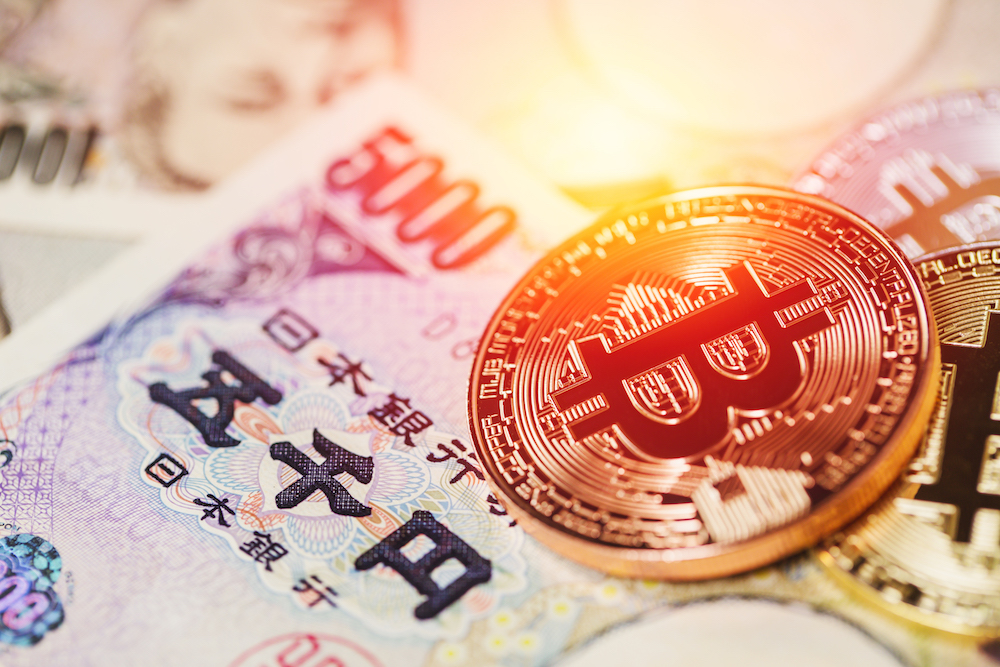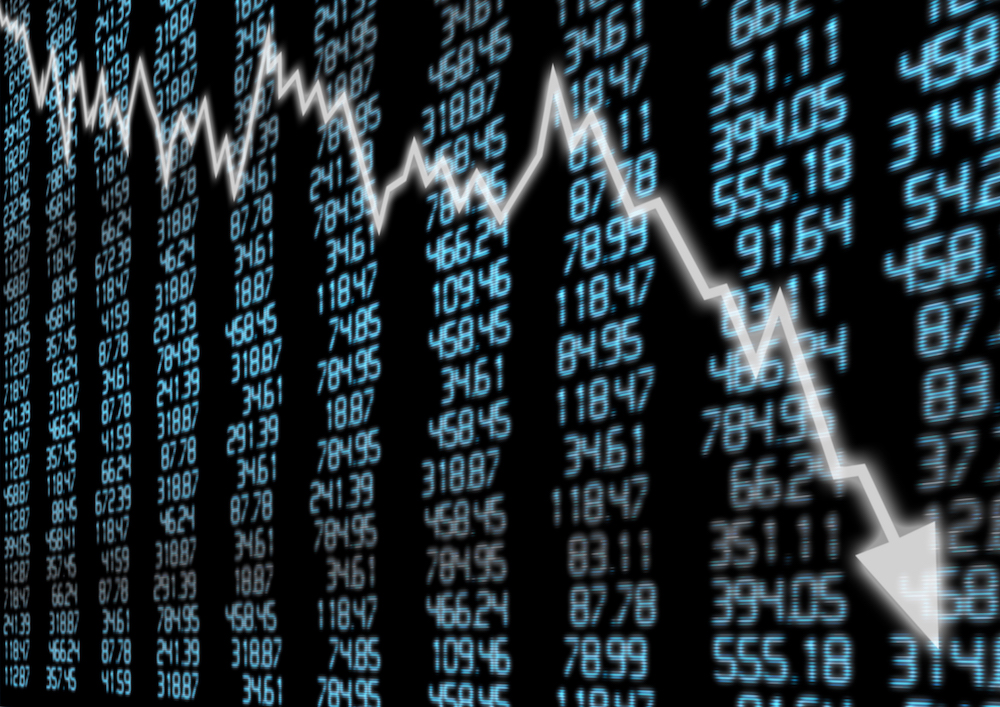- US Fed announcement largely ignored
- US drastically increases tariffs on Chinese imports
- Asian markets subsequently report sharp losses
The decision by the US Federal Reserve to keep rates unchanged has been ignored by forex markets to a large extent so far.
What caused Asian markets to plunge sharply on Thursday 2 August was the official US announcement about increasing the tariffs on $200bn of Chinese products from the current 10% to 25%, thereby dramatically escalating the trade war between the countries.
Chinese share prices went into sharp decline, with the Shanghai SSE trading 2.45% lower at the time of writing. Hong Kong’s HSI is trading 2.3% lower, the Singapore Strait Times is down 1.3%, and the Nikkei has lost 0.4% of its value.
The JPY gained widely because of its reputation as a safe haven. Although it is still the week’s weakest currency following a sell-off triggered by the Bank of Japan, there is a possibility that this currency can recoup all of its losses.
The USD remained the second strongest, despite an intensifying Asian sell-off.
The AUD has suffered the most so far today. The GBP is also generally trading lower as markets get ready for the BoE rate increase, but there is a chance that a rather dovish stance will be adopted by the bank.
From a technical point of view, there isn’t much change in the outlook for the majority of dollar pairs since they remain range-bound.
The EUR/USD is trading between 1.1575 and 1.1790, while the GBP/USD remains stuck in a range between 1.3070 and 1.3212. The AUD/USD is also range-bound between 0.7309 and 0.7483.
The USD has not shown any signs of a breakout so far. Traders might have to wait for Friday’s non-farm payroll data to provide the necessary driving force. The yen’s rebound, meanwhile, might bring last week’s high within reach again.

















